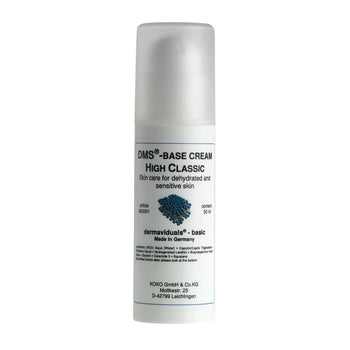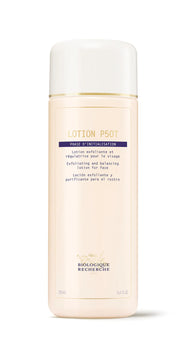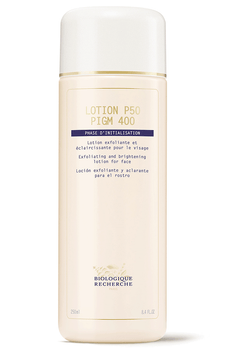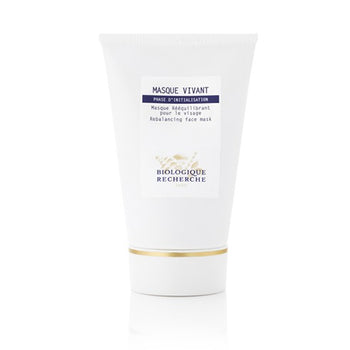Whether you have a ten-step skincare routine or you’re a total newbie, you’ve likely heard about the importance of vitamin A. Vitamin A is a fundamental skin nutrient responsible for skin cell regeneration, which accelerates wound healing and keeps skin looking young, clear, and healthy.
Retinoids are a classification of vitamin A derivatives, ranging from the gentle retinyl palmitate to the prescription strength retinoic acid (aka Tretinoin). Retinol is the most common over-the-counter iteration that often gets used as a blanket term for all retinoids. However, not all retinoids are created equal.
Retinaldehyde, a retinoid that is only one conversion away from retinoic acid compared to retinol’s two, is our retinoid of choice. Retinaldehyde, or retinal, is the hero ingredient in many of the popular Osmosis MD products we stock and in the serum from our founder Amanda Hlatky’s very own brand, Strategy Skin.
Aside from their one-letter difference, there are many benefits to using retinal over retinol. Here are some facts about retinaldehyde that you might not know:
1. Retinaldehyde’s composition is more bioavailable, which means it absorbs faster and more effectively, making it clinically proven to work 11x faster than traditional retinol.
2. It is more effective than retinol at stimulating collagen— studies show it is directly comparable to prescription-strength tretinoin.
3. Unlike retinol, it isn’t sun-sensitizing and doesn’t increase your risk of UVA/UVB damage and hyperpigmentation, so it can be included in your daytime skincare regimen.
4. Retinal takes any additional vitamin A that your cells can’t use and converts it into retinal esters— your skin’s natural storage form— to save it for later. This keeps the product active and minimizes skin irritation.
If you’re in search of a product that effectively treats the appearance of fine lines, wrinkles, enlarged pores, uneven skin texture and tone, and mild to moderate acne, consider adding a retinal serum to your regimen.
Like any retinoid, retinaldehyde should be introduced into your skincare routine gradually. Allow your skin to acclimate before increasing usage to minimize the risk of irritation. While retinaldehyde doesn’t increase your risk of sun damage, it is important to wear sunscreen daily, no matter the weather.
Click here to explore our retinaldehyde serums, or contact us to chat about how this innovative ingredient can help you achieve your skin goals.






Comments (0)
Back to Blog